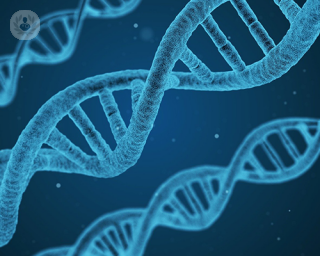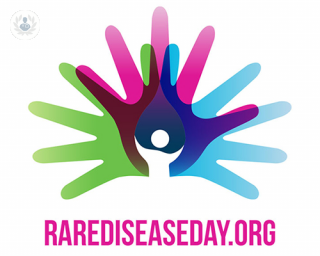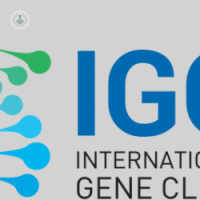Genetic disorders
Dr Melita Irving - Clinical genetics
Created on: 05-12-2017
Updated on: 10-05-2023
Edited by: Conor Dunworth
What are genetic disorders?
Hereditary diseases, also known as genetic disorders, are inherited conditions which have been passed on through your parents’ DNA. They are very common, and more often than not you may have no idea you are a carrier of a certain condition. In the vast majority of cases, a genetic disorder is only discovered if you experience symptoms of it.

How are they passed on?
Genetic disorders are passed on following very precise rules. They can be divided into two major groups: multifactorial inheritance disorders and monogenic disorders.
Multifactorial inheritance disorders are caused by a combination of small inherited variations in genes, often acting together with environmental factors. Multifactorial inheritance disorders include:
Although the hereditary component of multifactorial inheritance disorders consists mainly in the genetic factors, the disease will only show up when combined with environmental factors.
On the other hand, monogenic disorders are caused by a mutation in a single gene. We all carry several genetic mutations; but a small number of those can be dangerous and eventually develop into a condition.
How are they diagnosed?
Genetic disorders can be diagnosed before a baby is born by carrying out an amniocentesis (a study of the baby’s DNA). It consists in several neonatal screening tests, multi-gene panel testing, in order to see if the baby is already carrying some of the genes of the most common genetic disorders.
More than 6000 genetic disorders have already been found in the UK population. The most common include:
- thalassemia (1 in every 2,500 children)
- cystic fibrosis (1 in every 2,700 children)
- congenital deafness (1 in every 4000 children)
- fragile X syndrome (1 in every 4000 children)
How can they be treated?
As of today, some genetic disorders have no decisive treatment. Most treatment options revolve around treating the symptoms of the disorders and improving quality of life. That is the case of cystic fibrosis: treatment consists in taking antibiotics, bronchodilators, mucolytic agents, digestive enzymes and vitamins. In case of thalassemia, blood transfusions, bone marrow or stem cells transplant and following a particular diet are the main treatment options.
Which doctor should I talk to?
Based on which genetic disorders you have, you may need to see a different specialist. For example, in case of congenital deafness, you should see an ENT specialist; in case of cystic fibrosis, you’ll need to see a pulmonologist.











